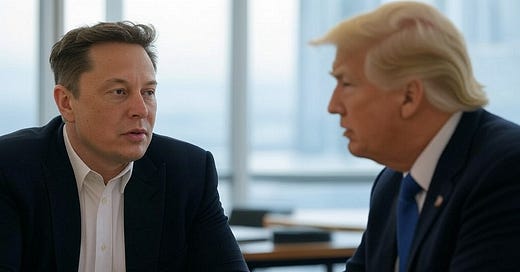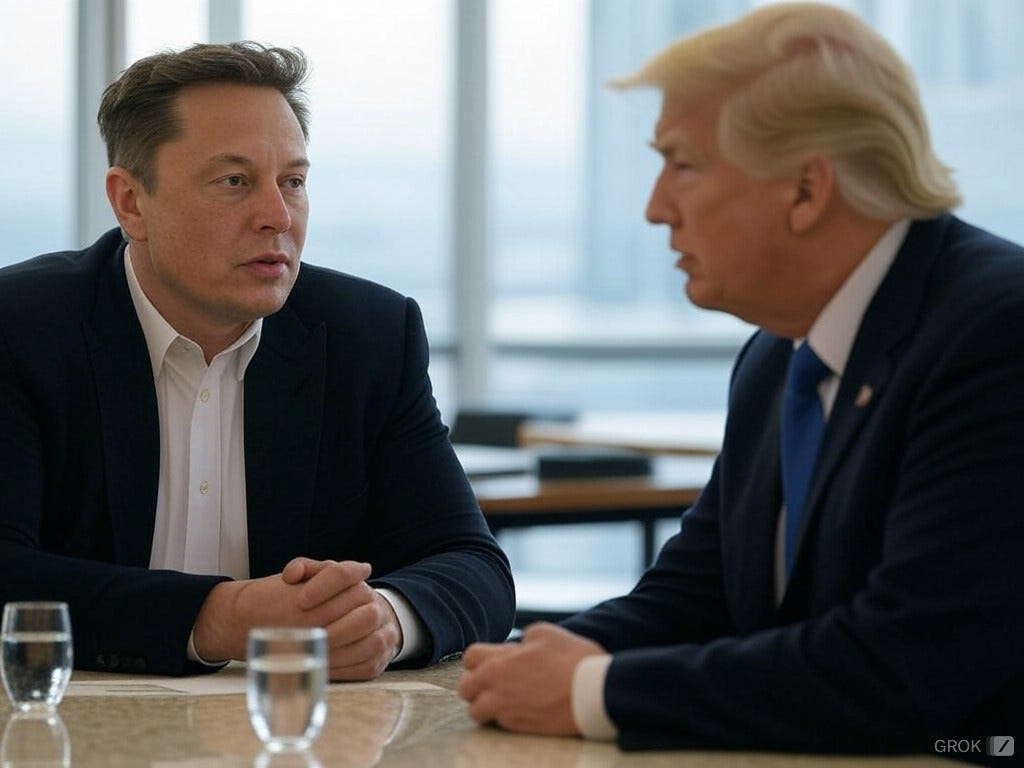Election Reflections 2024: The Donor Class at War (sort of…)
Let’s start with a few statistics off the top. Who gives money to make the political machine go round and round?
1%—Just 0.97% of the United States population contributed more than two hundred dollars to federal candidates, PACs, parties and outside groups in 2023-2024. These 3,189,435 donors ga…




